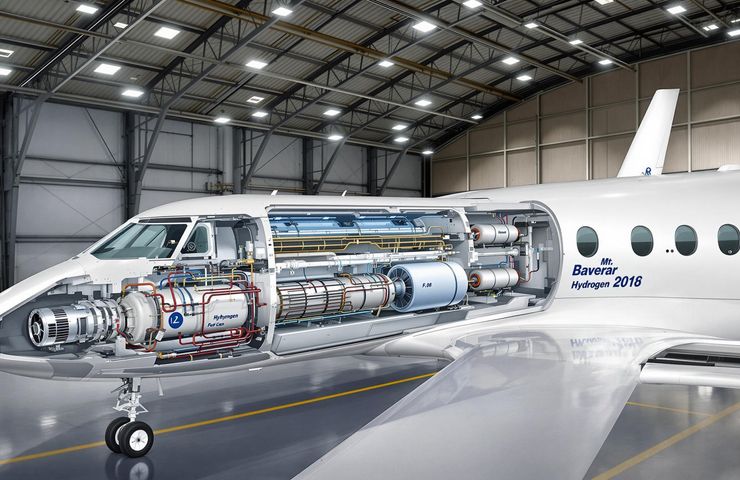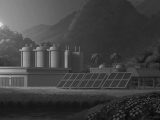
Hydrogen Fuel Cell Propulsion Takes Off: MTU Aero Advances Zero-Emission Aviation in Germany
June 16, 2025MTU Aero Engines is taking big strides toward making zero-emission aviation a reality. Based in Munich, the company is pushing forward with its Flying Fuel Cell (FFC) system—a cutting-edge piece of fuel cell technology that’s shaping the future of flight. The design phase is officially wrapped up, they’re already rolling out hydrogen fuel cell stacks, according to company sources, they’ve successfully tested a 600-kilowatt electric motor that’s hitting an impressive 96%+ efficiency rate.
Meanwhile, over in Augsburg, MT Aerospace is hard at work developing a liquid hydrogen fuel system. It’s a key piece of the puzzle for bringing the aircraft prototype to life, and it’s all buzzing with innovation.
HEROPS: A Clear Flight Path to the Future
All of this is part of HEROPS, a major European initiative that’s laser-focused on delivering hydrogen-powered aircraft ready to scale by 2035. With development hubs in both Munich and Augsburg, the goal is to slash aviation’s environmental footprint—by as much as 95% compared to traditional engines.
Clean Power, Clear Skies
The idea behind the FFC system is as innovative as it is clean: producing power through an electrochemical process where water is the only byproduct. It’s a game-changer for zero-emission technology and could finally offer the aviation industry a commercially viable, sustainable alternative to fossil fuels.
As momentum builds, so does the vision for a smarter, cleaner hydrogen infrastructure in aviation. With efforts like HEROPS and companies like MTU Aero Engines and MT Aerospace leading the charge, the future of air travel might look a whole lot greener—and it’s coming in for a landing sooner than you think.



 With over 15 years of reporting hydrogen news, we are your premier source for the latest updates and insights in hydrogen and renewable energy.
With over 15 years of reporting hydrogen news, we are your premier source for the latest updates and insights in hydrogen and renewable energy.